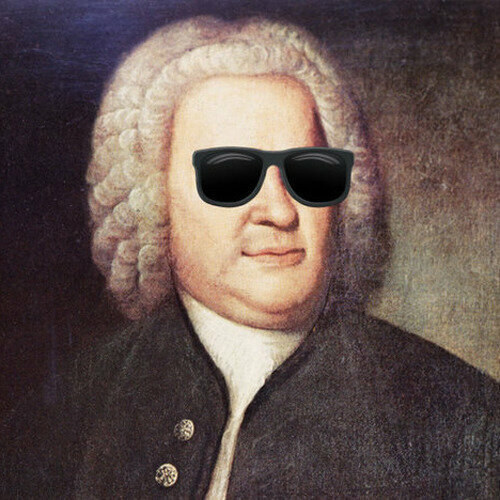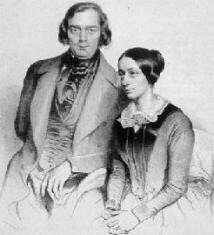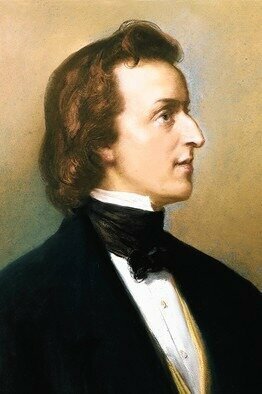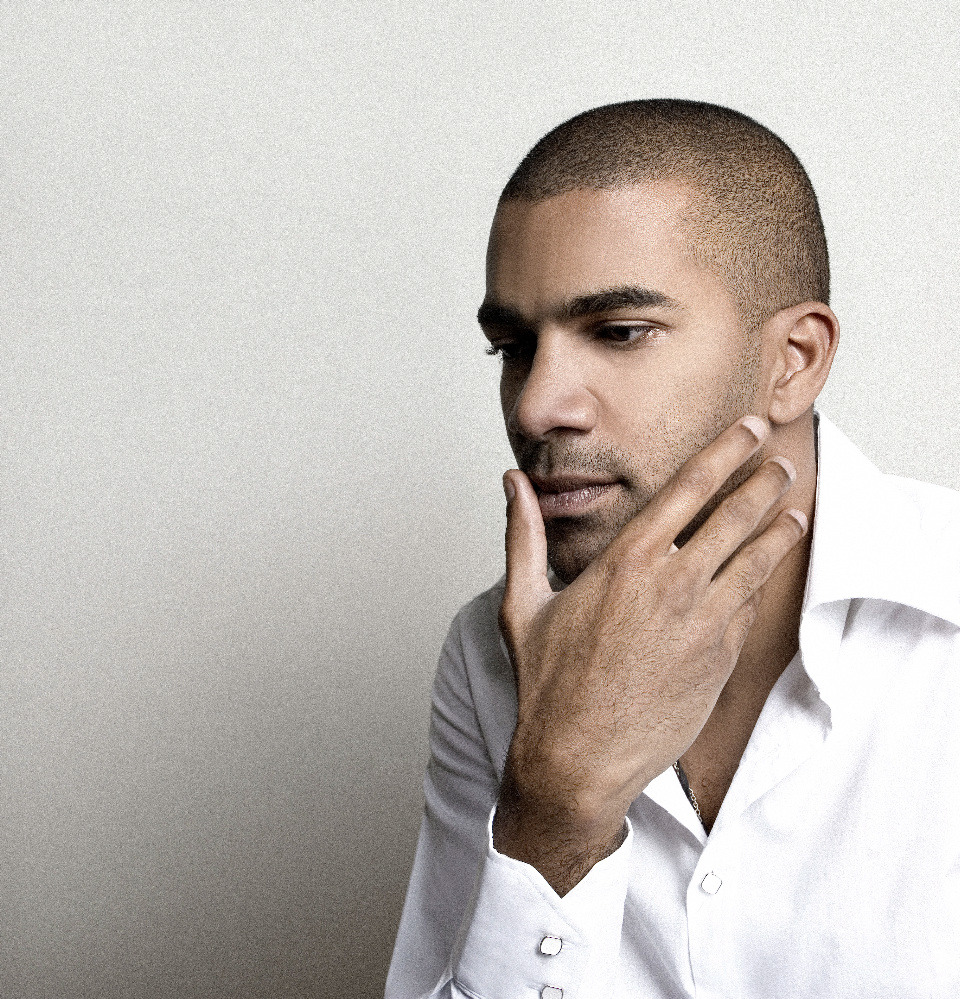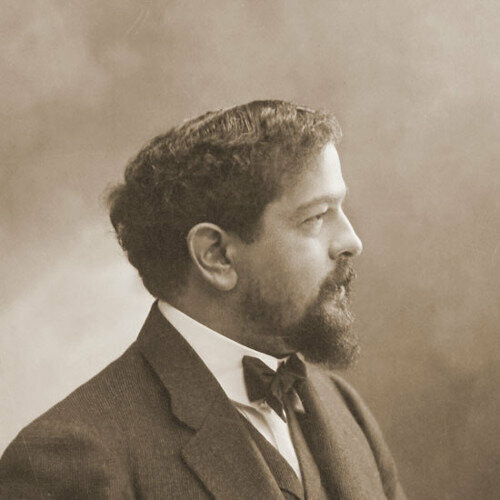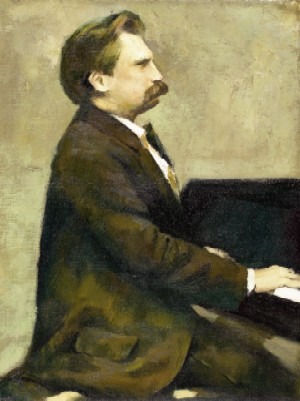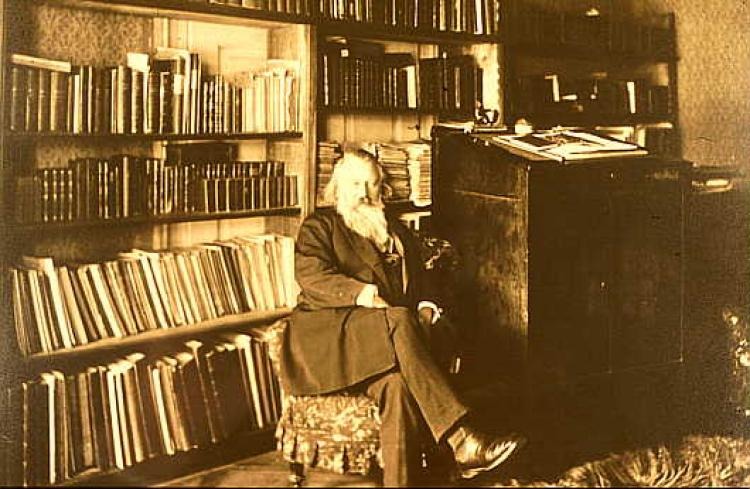When people see the name Anton Webern on a concert bill, they habitually run for cover! But Webern would not be Webern if he hadn’t studied the old masters during his student years at Vienna University. In fact, he studied
In essence
Robert Schumann composed in intense spurts of creative hyperactivity, generally focusing on a single genre. When he locked himself into his Düsseldorf study in October 1851, Clara Schumann excitedly reported in her diary. “Robert is working away on something new.
Although it has an older meaning, when we think of the “nocturne” we think of Frederic Chopin. He took his inspiration from the Irish composer John Field whose works were the first to take the title to the piano. A
Joseph Stalin was not a particularly nice man! Once he had consolidated near-absolute power in the 1930’s, he ruthlessly eliminated any opposition. That meant banishing “counter-revolutionary infiltrators” to the Gulag labour camps, deported nonconformists to the furthest regions of the
We associate Wagner with gloriously large orchestral sounds, with complex stories, and magnificent singing. It’s interesting, however, when we hear Wagner’s operatic writing from the viewpoint of the keyboard and in this recording by French pianist Wilhem Latchoumia, he shapes
When we think of a musical piece called a ‘Prelude,’ we think of the monumental series of Preludes and Fugues by J.S. Bach, or, more adventurously, Chopin’s 1838 series of 24 Preludes, Op. 28. When the French composer Claude Debussy
Playing an audition for Johannes Brahms, who single-handedly controlled much of Vienna’s musical establishment—must have been an unbelievably frightening experience. Just ask Hans Rott, who showed his symphony to the old master in 1880. Rott was told, “you have no
Producing a doctoral thesis in the humanities, especially when it involved archival research, used to be a lot of work. It frequently involved lengthy travel from library to library in order to research original materials related to the subject at

